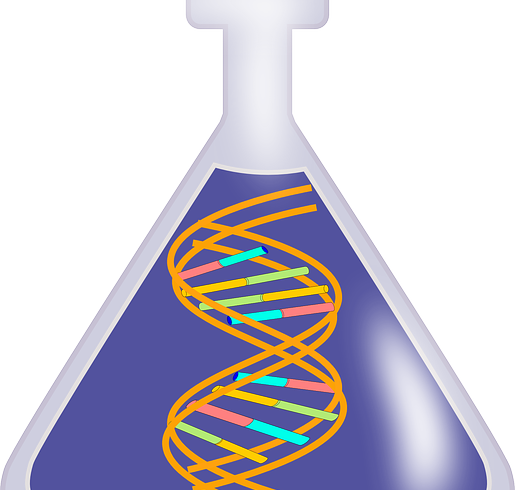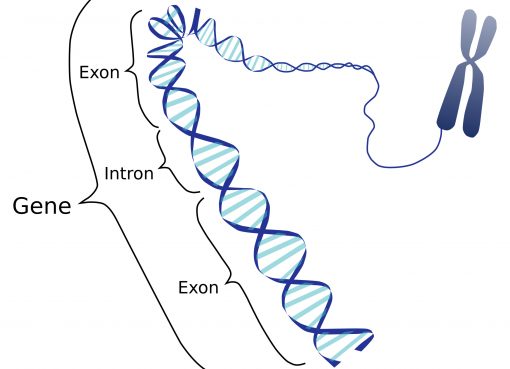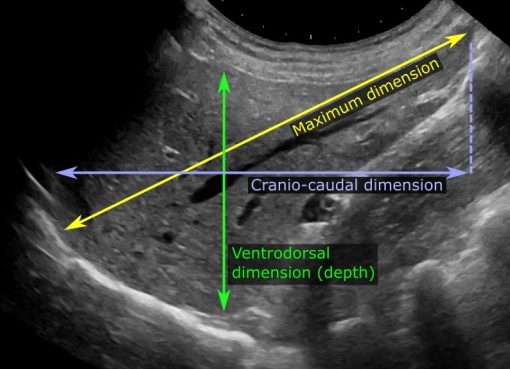Diagnose cancer just in seconds
The contemporary methods available to diagnose cancer are either time-consuming or inaccurate in differentiating healthy and cancerous tissue. To overcome these problems, researchers from University of Texas, Austin in the US have developed a pen-like mass spectrometry device, named as ‘MasSpec Pen’. The device is handheld; it not only identifies cancerous tissue within 10 seconds but also accurately differentiates cancerous and normal tissues during surgery, and lessens the chance of reoccurrence of cancer. The metabolites, lipids and protein profiles of normal and cancerous tissues are significantly different and they act as molecular fingerprints or potential biomarkers. The MasSpec pen delivers a controlled water droplet to an uncharacterized tissue sample, efficiently extracts the metabolites in the water droplet and analyses the molecular profile of that tissue using software and database, and finally interprets it as ‘normal’ or ‘cancerous’ on the basis of the molecular fingerprint. The device is highly sensitive (96.4%) and specific (96.2%) with overall accuracy of 96.3%. The team also successfully diagnosed cancer during surgery in mouse model bearing tumour without any healthy tissue injury and strain to the mice. Finally, they remarked that the MasSpec pen can be used for diagnosis of cancer both ex vivo and in vivo.
(Science Translational Medicine, 9: eaan3968, (2017). DOI: 10.1126/scitranslmed.aan3968)
Food from air and electricity
Food security is one of the major concerns of modern world due to continuous hike in population. Statistically, it has been established that 795 million people of the globe are suffering from chronic malnutrition. To vanquish this in the near future, Finnish researchers have successfully created a special food using CO2, electricity and few microbes. The designed food is in powder form consisting of more than 50% protein, 25% carbohydrates and rest 25% of lipids and nucleic acid which is designated as a single-cell protein. One gram of protein was produced in the laboratory in two weeks using a coffee-cup size equipment. This method of creating food is 10 fold more energy-efficient than the natural process of photosynthesis used for production of other protein-rich plant products such as soy. The ground-breaking method of producing single-cell protein could revolutionize the food and feed industries, and could be used as human food and animal feeds in famine-affected as well in desert areas.
(https://www.sciencedaily.com/releases/2017/07/170719090025.htm)
Retain garden-freshness of apples without chemical preservative
Apple is a highly perishable fruit and is easily spoiled during packaging, transportation and storage. A fungal pathogen Penicillium expansum causes blue mold in post-harvest apples which accounts for about 50% losses of the fruit. Although fungicides are available, due to increased resistance towards it and due to the associated public health concern, the modern science is in search of safer alternatives such as bio-control agents. In this direction, a scientific group from Canada has proved in their experiment that the gram-negative bacterium Pseudomonas fluorescens could control blue mold in stored apples. The degree of controlling Penicillium expansum in cold stored apples was similar what could be provided by commercial fungicides and other agents. The team proposed that P. fluorescens competes for nutrients and space with P. expansum, and produces metabolites which inhibit its growth in the stored apples. Thus, P. fluorescens could be a potential biological alternative to control blue mold not only in post-harvest apples but also other perishable fruits.
(Postharvest Biology and Technology, 133. (2017). DOI: 10.1016/j.postharvbio.2017.07.003)
Expectation for potent AIDS vaccine from cows’ antibodies
Acquired immune deficiency syndrome (AIDS) is producing tremendous social and economic impact across the globe. Currently there is no cure and a promising vaccine against this disease. Scientists from different institutes of USA have documented a potent HIV-blocking antibody in cow which could bring new rays of hope to develop an effective AIDS vaccine in future. Due to continuous mutation, nature of the HIV virus and the antigenic diversity of its envelop protein, it has always been difficult to produce an effective vaccine against it and also it takes multiple years in infected humans to develop broadly neutralizing antibodies (bnAbs). But the team succeeded in producing broadly neutralizing antibodies in cows within few weeks using an immunogen ‘BG505 SOSIP’. Although cows are resistant to HIV virus, its ability to produce bnAbs against such a complex and diverse virus have paved the path to develop a novel promising vaccine against AIDS for mankind.
(Nature, 548: 108–111, (2017). DOI:10.1038/nature23301)
Introductory antibody against canine cancer
The rate of occurrence of cancer is increasing day by day in pet dogs and now it is one of the leading causes of death in dogs. Oral malignant melanoma (OMM) is one of the commonly encountered invasive cancers found in canines, which accounts for 30-40 per cent of all oral cancers. Till date, immunotherapy has gained momentum for treatment of cancer in human; however, no such immunotherapy is reported in case of canine cancer. Recently, a bench of Japanese scientists have developed a rat-dog chimeric antibody against immune checkpoint molecule ‘programmed cell death ligand 1(PD-L1)’. The antibody so developed blocks the PD-1/PD-L1 axis and thereby induces potent anti-tumour immune responses which not only suppresses malignant oral cancer but also elevates the survivability rate of dogs suffering from OMM. The team concluded that the antibody could be a promising immunotherapeutic agent for treatment of other cancerous cells expressing PD-L1 molecules for which further clinical investigation is a prerequisite.
(Scientific Reports, 7: 8951, (2017). DOI:10.1038/s41598-017-09444-2)




